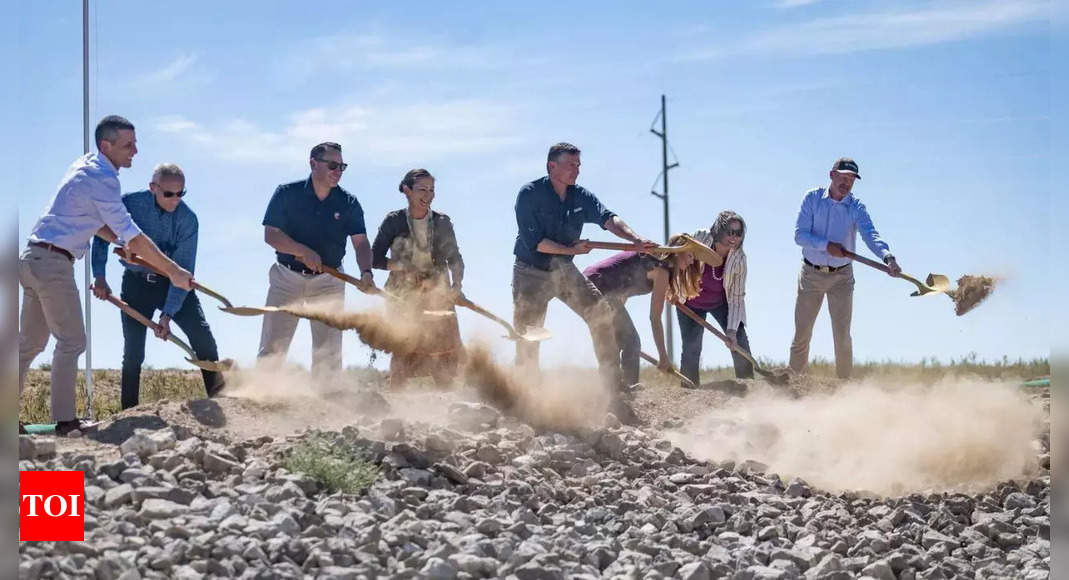Work on the USD 10 billion SunZia transmission line project has been temporarily suspended in southwestern Arizona due to concerns raised by Native American tribes. The Tohono O’odham Nation, San Carlos Apache Tribe, and other tribes argue that the federal government failed to address their concerns about the impact on religious and cultural sites. The project, which is expected to be a key component of the Biden administration’s plan to boost renewables and improve power grid reliability, aims to transport renewable energy across the West.
The Tohono O’odham Nation and San Carlos Apache Tribe, along with archaeologists and other tribes in the Southwestern US, have joined forces to oppose the project. They claim that bulldozers have cleared a stretch of the San Pedro Valley, resulting in the demolition of one or more historic sites. The tribes argue that the area holds significant cultural and historical value for them. They have submitted a letter to the Bureau of Land Management (BLM) with a photograph showing the cleared area and have called for immediate intervention.
The SunZia project, spanning approximately 550 miles, is expected to transport electricity from massive wind farms in central New Mexico to more populated areas, including California. The developer, Pattern Energy, has compared the project to the size of the Hoover Dam and believes it will play a crucial role in the Biden administration’s renewable energy plans.
In October, Verlon Jose, chair of the Tohono O’odham Nation, wrote a letter to the BLM accusing them of prioritizing SunZia’s interests over their trust responsibilities to the tribes. Jose cited an order from US Interior Secretary Deb Haaland, a member of Laguna Pueblo in New Mexico, which emphasizes considering tribal proposals and recommendations. Jose emphasized that bulldozers are inappropriate tools for consultations on places with exceptional religious, cultural, and historical significance to the O’odham, Apache, and Zuni tribes.
In response to the tribes’ concerns, BLM Director Tracy Stone-Manning has proposed a meeting in the coming days. The agency has not provided immediate clarity on the duration of the work suspension. Pattern Energy has welcomed the pause on work as part of the BLM’s consultation process. The company has worked to address tribal concerns and has planned restoration efforts, such as planting agave and saguaro cactuses, along the San Pedro River.
The SunZia project has faced other challenges during its development. In New Mexico, the project’s route was modified to address concerns raised by the US Defense Department about the impact of high-voltage lines on radar systems and military training operations. Additionally, environmentalists have raised concerns about wildlife habitat and migratory bird flight patterns in the Rio Grande Valley. The project is also facing a legal challenge before the Arizona Court of Appeals regarding whether state regulatory officials properly considered its benefits and consequences.











